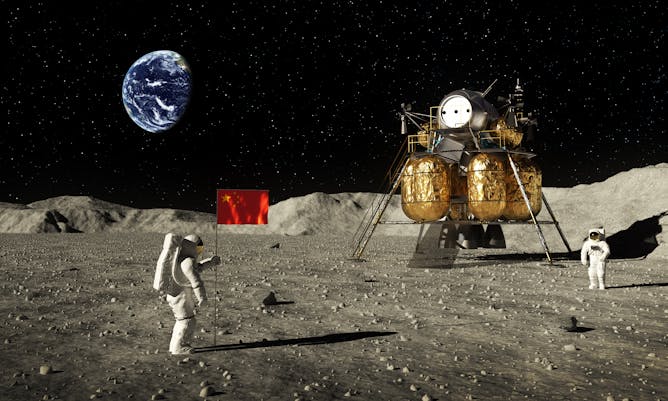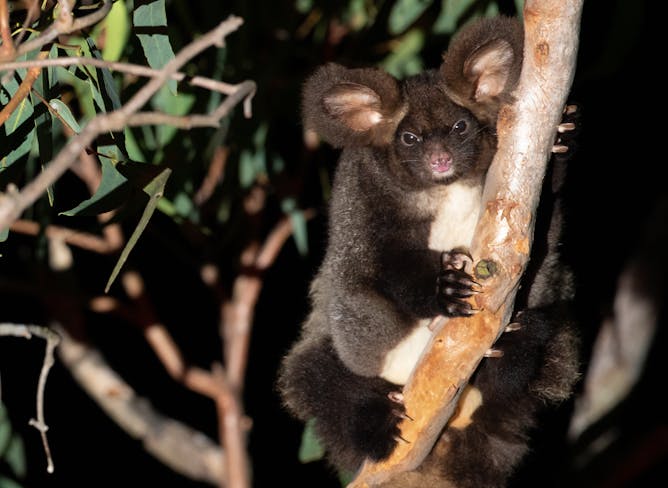|
|
|
|
Much of the attention around competition in space exploration has focused on the private sector, as Space X, Blue Origin and many more companies vie to develop more powerful rockets and train their eyes on lunar and martian missions.
But the good old fashioned state rivalry for the conquest of the heavens that characterised the 20th Century hasn’t gone away. Once the Soviet Union dominated US fears about expansionism in space. Now, China is emerging as the key challenger. Recently, NASA’s Administrator, Bill Nelson, even warned that China could claim ownership over the Moon and stop other countries from exploring it. That is unlikely, according to these academics who specialise in the
study of space and international relations.
China, though, is investing heavily in space. In 2021, it led the US in the number of orbital launches. Expect the competition, and the tension, to continue.
|

|
Stephen Khan
Executive Editor, The Conversation International
|
|

China and the U.S. both have big plans for the Moon, but there are a number of reasons why no country could actually claim ownership of any land there.
3dScultor/iStock via Getty Images
Svetla Ben-Itzhak, Air University; R. Lincoln Hines, Air University
A comment by Bill Nelson, the NASA administrator, sparked a strong public response from the Chinese government. But due to legal and practical reasons, no country could take over the Moon anytime soon.
|

In the 1920s and 1930s there were a number of attacks on prime ministers, sometimes after they left office.
Sueddeutsche Zeitung Photo/Alamy
Hugo Dobson, University of Sheffield; Kristian Magnus Hauken, University of Sheffield
Shinzo Abe’s murder is the latest political attack in Japan, a country which has strict gun laws.
|
|
|
-
Craig Mark, Kyoritsu Women's University
The world is in shock after news Japan’s former prime minister Shinzo Abe has been shot dead during a speech in Nara, western Japan.
|
|
|
|

Darcy Watchorn, Deakin University; Luke Emerson, Deakin University
Greater gliders are fluffy, cat-sized possums with large ears. State governments have failed them at every turn, and continue to raze their habitat.
|
|
|
-
Charles Parry, South African Medical Research Council; Jason Bantjes, South African Medical Research Council
Adolescent alcohol consumption is driven by several factors such as the availability of alcohol and social norms.
-
Garret Martin, American University School of International Service
The UK prime minister tendered his resignation after a slew of resignations by former allies in his government.
-
Rihab Khalid, University of Cambridge
My research shows how urban design can make it harder for women in some countries to make sustainable choices.
|
|
|
|

Tom van Laer, University of Sydney; Davide Christian Orazi, Monash University
Mullets, perms and neon clothes are all back – but Gen Z can’t be nostalgic for an era they never experienced.
|
|
|
-
Scott DeJong, Concordia University
Season Four of ‘Stranger Things’ shows how easily people are influenced when they’re clamouring for answers during times of uncertainty.
-
Patrick Masters, University of Portsmouth
Both are orders of religious warriors and both were taken down by power-hungry rulers
|
|
| |
| |
| |
| |
|
|
|
|
|
|
|